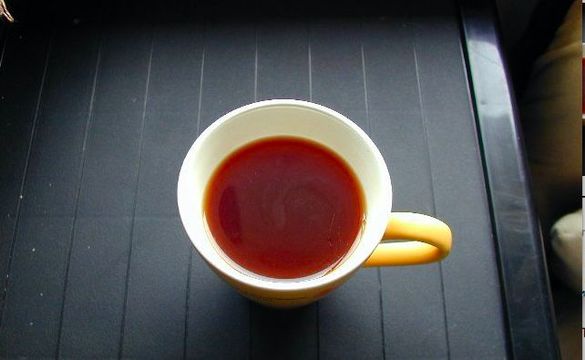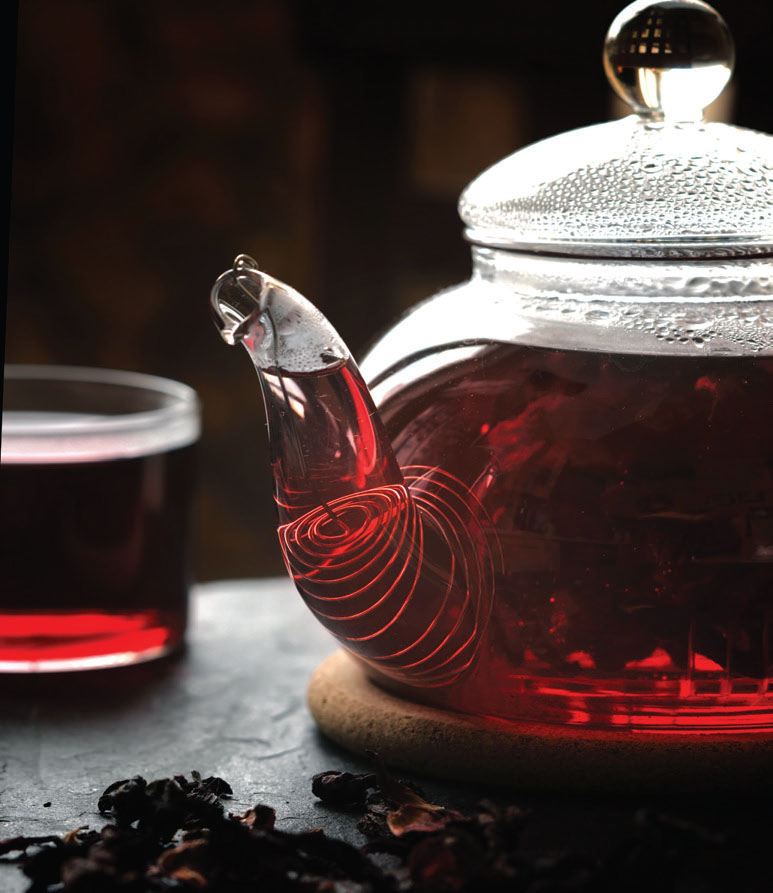
Whether it is English Breakfast, Earl Grey, Orange Pekoe or some other variety, black tea is the most popular blend consumed in Britain and America, accounting for more than 90 percent of the purchased product. One reason might be that it can be brewed in under five minutes; another is that, unlike other blends, it can also be re-steeped repeatedly, though its flavor will lessen each time.
Of course, some black teas are enjoyed because of their caffeine content, which ranges from 14 to 71 milligrams per 8-ounce cup. That's a bit more than other blends, but far less than a comparable measure of coffee, which may contain 95 to 200 milligrams of caffeine. Tea fanciers opposed or allergic to caffeine should know that its impact can be tempered by rinsing the leaves for a full minute before brewing.

DENIS KARPENLOV
The flavor secret stems from processing. After being harvested, largely in China, India, Korea, Nepal, Sri Lanka and Turkey, black-tea leaves are set aside to wither. They then undergo an oxidation process, during which remaining water evaporates so the leaves absorb vast amounts of oxygen. The result often looks more brown or reddish brown than black, but most of us probably don't notice. The point is: Black tea is not always emphatically black. And, although some teas lose their flavor potential within a year of harvest, black teas are hardy enough to retain their potency indefinitely.
In preparing a pot or even a cup, tea bags are an acknowledged convenience, though serious drinkers routinely disparage them. Why? Because bagged tea is pre-processed and packaged in great batches that may sit for months on grocers' shelves. During that time, it gets stale and loses flavor. So-called loose tea costs more initially, but with its fresher taste and multiple brewing potential, it may be more appealing—and economical—than tea brewed in a porous bag.
Black tea's taste is singular and identifiable. Its adherents use various terms to define their response to the blend: brisk, caramel, citrusy, earthy, fruity, honey-like, leathery, malty, metallic, nutty, savory, smoky, spicy or sweet. Clearly no consensus exists, but most tea drinkers regard black teas as consistently robust, depending on how they were allowed to oxidize before processing.
So, what to choose? Which tea is best? As so many blends exist, why not do taste tests, just as you would when choosing a wine? Try one kind at a time; you'll soon know what you like.





Comments